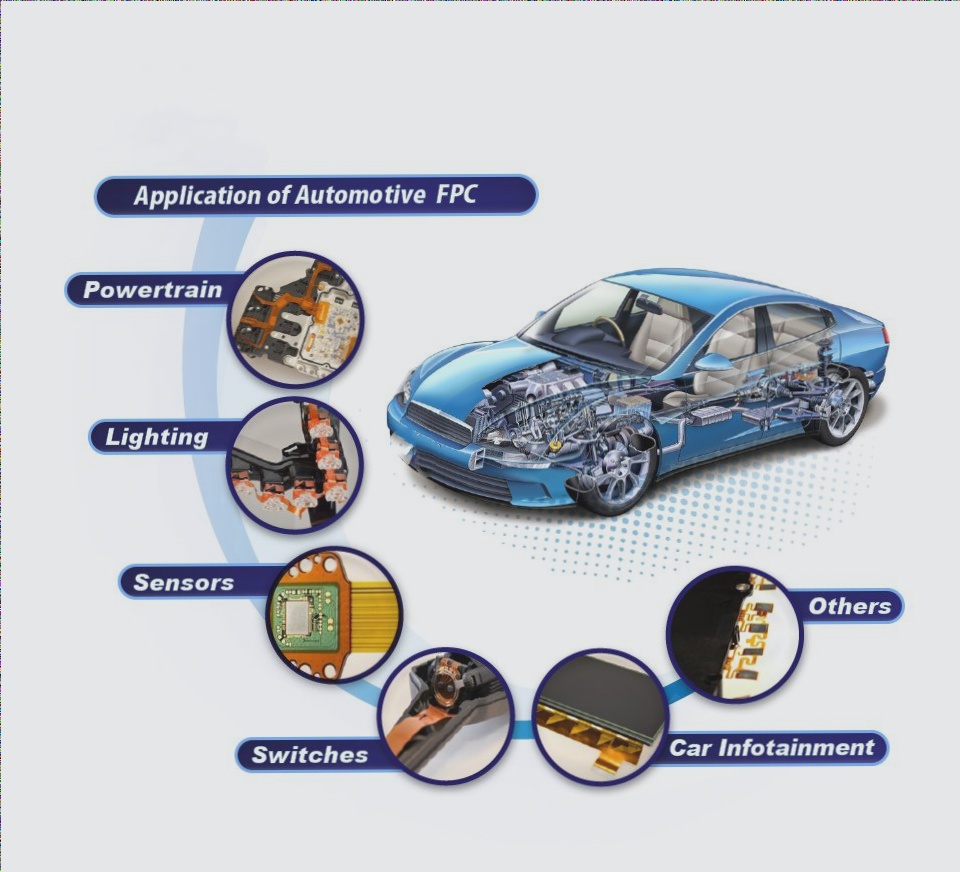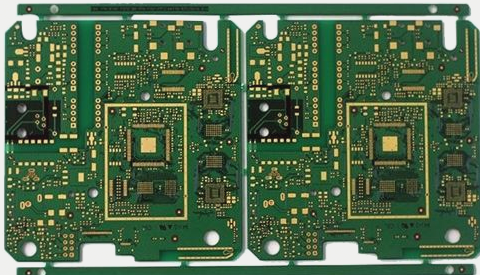FPC Mobile for Slim & High-Performance Smartphones
Introduction: Mobile devices utilize Flexible Printed Circuits (FPCs), which are slim, lightweight, and high-performing. FPCs offer advantages over rigid PCBs by enabling easy integration of key components while remaining flexible.
In smartphones, FPCs play a crucial role in linking essential parts such as the motherboard, display, battery, and cameras to ensure seamless communication between them.
If you want to learn more about FPC in mobile phones, explore our FAQ guide to understand what FPC is in mobile devices.
Key Applications of Mobile FPCs
1. The Backbone of Connectivity
- Acts as a central wiring system, connecting the motherboard to functional modules.
- Facilitates high-speed data transmission for displays, speakers, and touchscreens.
- Enhances durability, ensuring long-term performance in compact devices.
Four layers
Six layers
Eight layers
Flip Cellular Phone use
Double sided
Four layers
Connect FPC for mobile phone
2. Mobile FPC Connectors: Ensuring Secure & Stable Connections
FPCs require specialized connectors to ensure stable and flexible contacts. In current applications, two main types are used:
- BTB (Board-to-Board) Connectors
Compact connectors that link PCBs with high-density pins (e.g., 0.35mm pitch) and low-profile designs (height of 0.6mm or less). Ideal for small devices like smartphones, providing stable connections with a limited number of mating cycles.
- ZIF (Zero Insertion Force) Connectors
Designed for flexible circuits (FPC/FFC), enabling tool-free insertion and removal with a locking mechanism. Commonly used in display cables, supporting frequent maintenance but requiring more space.
Applications of Flexible PCBs in Mobile Phones
If you’re wondering about the uses of Flexible PCBs (FPC) in mobile phones, here are some key applications:
- Smartphone displays – Enabling ultra-thin touchscreens
- Camera modules & fingerprint sensors – Supporting precise image and biometric data
- Battery connectors – Ensuring stable power distribution
- Flexible wearables & foldable devices – Optimizing the use of space
- Antenna Modules – Enhancing wireless communication for 5G, Wi-Fi, and Bluetooth
- Speaker and Microphone Modules – Supporting high-quality audio transmission
- Haptic Feedback Systems – Enabling advanced vibration feedback for immersive experiences
- Fast Charging Interfaces – Ensuring efficient power transfer and voltage regulation
Manufacturing Process of Mobile FPCs
Creating high-performance circuits for mobile FPCs involves precision engineering. Here’s a simplified breakdown:
1. Material Selection
- Polyimide (PI) for flexibility & heat resistance
- The electrical performance of copper foil is exceptional.
- Protective coating to prevent wear and corrosion
2. Circuit Patterning & Etching
- Advanced laser cutting & chemical etching ensure precise, high-density circuits
- Multilayer stacking allows compact, high-performance designs
3. Other Component Assembly & Quality Testing
- BTB & ZIF connectors are integrated for stable connectivity
- Rigorous bending & heat resistance tests ensure durability
Why Choose Gekun for Mobile FPCs?
With over 10 years of experience, Gekun offers:
- Custom mobile FPC designs for next-gen smartphones
Precision Engineering and EMI Protection for Reliable Performance
Flexible and Durable Circuits for Compact Electronic Devices
Are you in need of top-notch Flexible Printed Circuit (FPC) solutions for your mobile devices?




 العربية
العربية 简体中文
简体中文 Nederlands
Nederlands English
English Français
Français Deutsch
Deutsch Italiano
Italiano 日本語
日本語 한국어
한국어 Português
Português Русский
Русский Español
Español ไทย
ไทย